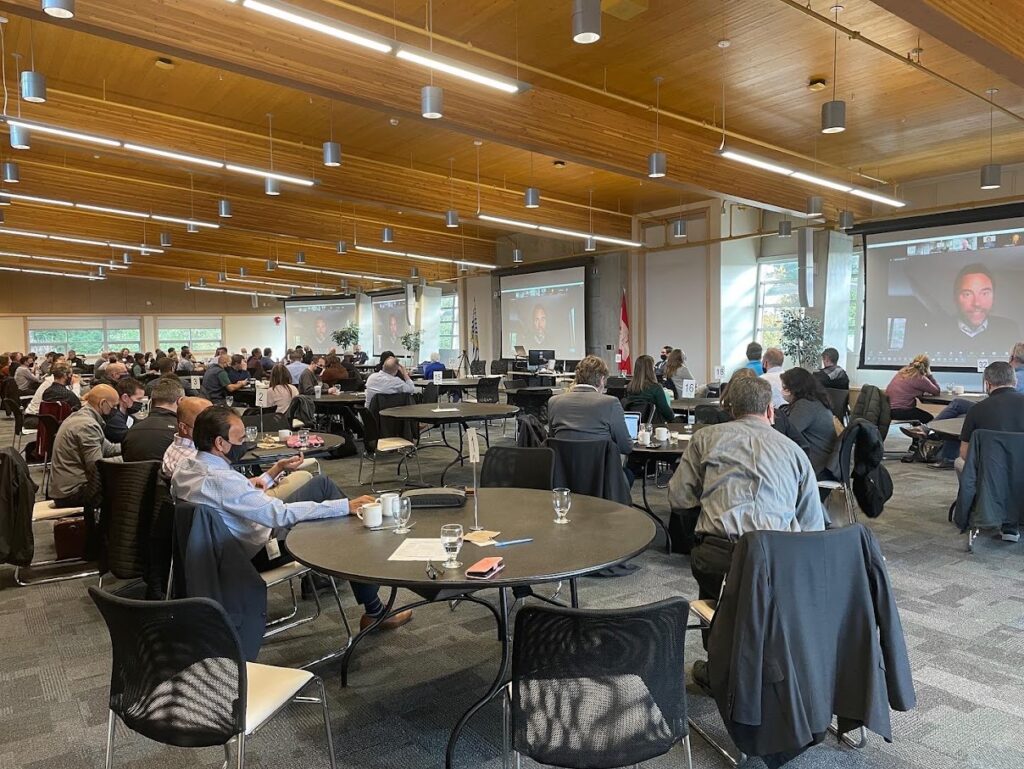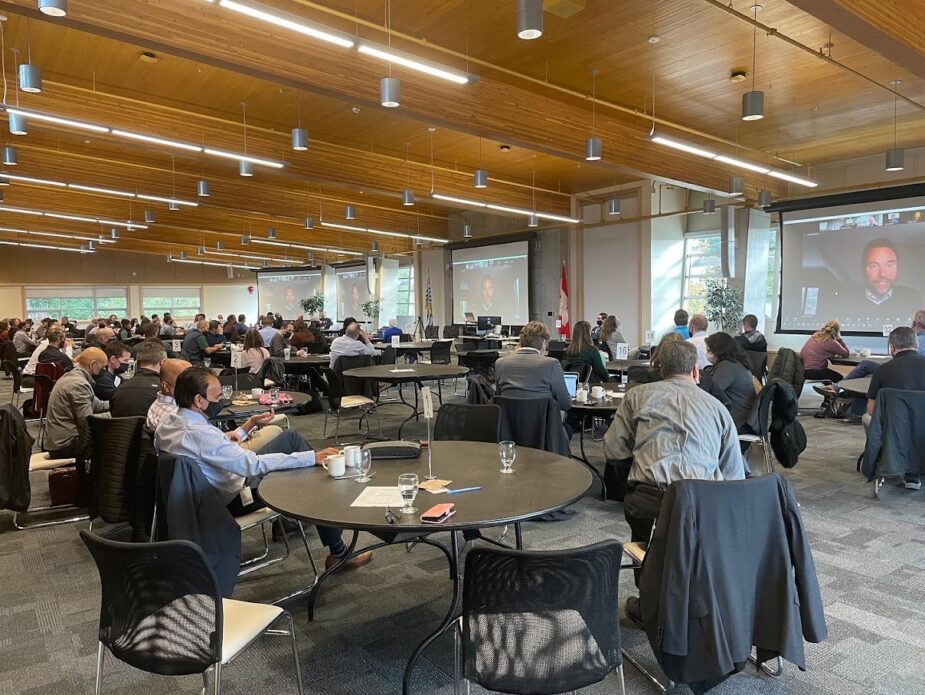Cross posted over at Ideas and Thoughts
My ongoing exploration and interest in better understanding the intersection of acknowledging the current fatigue factor in our schools and the need or desire to learn and grow as humans and professionals continues.
Every time I interact with educators I ask them about this question and get their perspectives. My anecdotal data would suggest things are relatively constant: Teachers are tired and struggling. One conversation I had with a superintendent suggested that one of the things that are causing fatigue is the lack of automation in our day. Duties and routines that were previously automatic are now taking a cognitive effort to execute. Things like getting kids to work in groups, scheduling meetings used to be about the content and task and now are about how to ensure safety and comfort. I recently listened to an episode of This American Life where the opening segment showed how much work it is to communicate given masking, ventilators and distance. That once natural exchange requires an added effort that is surprisingly tiring. The piling on of these daily challenges naturally makes us more tired. This isn’t the only thing that is adding to our fatigue but seems to be something that is new to our current time.
So it is with great care and caution that leaders consider how they will help each other grow and develop. To say “we can’t engage in professional learning” would be the same as saying “we can’t teach kids to read this year” or “we’re not going to do any projects”. Learning has not stopped. It’s part of what sustains us and fuels us as humans. What many are pushing back against and have less tolerance for is learning that isn’t relevant or inviting. One might argue that should always be our goal for teachers and students. Learning needs to be relevant and inviting. Those learners who disengage are essentially saying “this isn’t relevant for me” or “I don’t see how I’m going to fit this into my world right now”.
After much thought and consideration, I’ve come to believe that those who provide learning opportunities (myself as someone who does so for adults and also those who do so for children) have to double down on the relevance and invitation side of things. As soon as something feels compulsory, for many, their flight or fight instinct kicks in and rightly so. When you’re already feeling stressed, you’re not going to respond well to something else that is added to your workload, even if it appears to be relevant. Yet I believe that learning is life and it is something we’ll do in order to survive and thrive. So the challenge becomes, how might we make learning as invitational, appealing and relevant as possible?
i remember my first in-person learning for ALP in Vancouver working with high school leaders from ten local districts. Like many who were first returning to in-person learning, the energy from simply being together in a room was palpable. There was a sense of gratitude first and foremost that remained for the entire day. That said, I, along with my colleagues and I’m sure everyone in attendance felt drained at the end of the day. That’s not entirely unusual but what added to this feeling was what I referenced earlier about added cognitive load. We had over 100 in-person participants as well as about half that number via Zoom. I was constantly thinking about how the in-person experience and trying to read engagement through masks and distance and also worrying about people’s experience on Zoom. This was one day. Many teachers did this for a whole year.

Yet through all of this, all those in attendance were fully engaged. Many remarked to me about the impact of the day and the opportunity to connect in person once again. In addition, those online stayed with us for 6 hours. That was incredible. Underlying this was the fact this event was an invitation. No one was forced to be there. Those who were there were united in their desire to continue to improve the learning for their students and staff. They found joy in the struggle and joy in the community. None of them were oblivious to the struggles that exist and were committed to taking things off teachers’ plates and empowering them and their students to create invitations and provide relevant learning opportunities.
I fully acknowledge this is hard and this is complex. But I do believe that ideas and dissonance should bring you joy. I’m committed to providing learning that is relevant, inviting and dare I say fun.

